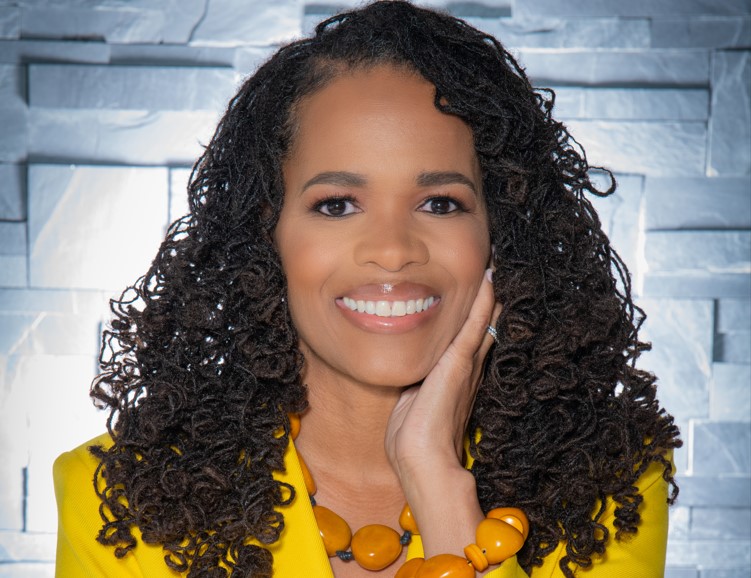By Kerry Mitchell Brown, Ph.D.
Edward Blum, the conservative lawyer who led the fight to overturn affirmative action, has a new target in his quest to dismantle civil rights advancements: The Fearless Fund, a venture capitalist (VC) fund dedicated to leveling the playing field for Black women and women of color.
Blum’s organization, American Alliance for Equal Rights (AAER), filed a lawsuit against The Fearless Fund’s Fearless Strivers Grant Contest, which planned to award four $20k grants to WOC-led businesses. The lawsuit claimed the grant violated the Civil Rights Act of 1866, prohibiting racial discrimination in contracts. The conservative 11th U.S. Circuit Court of Appeals in Atlanta ruled in favor of Blum and placed a preliminary injunction temporarily blocking Fearless Fund’s grant contest.
The grant provides $80k of funding, a microscopic percentage of the $240 billion dollars of VC funding in 2022. Why target such a small grant for WOC entrepreneurs? Because they want to halt Black advancement. Lawsuits against The Fearless Fund, and other educational and economic diversity initiatives, aim to repress Black economic advancement and maintain White hegemonic power structures.
A major critique of the Fearless Fund, and other similar diversity initiatives, rallies around false claims of favoritism for diverse candidates. However, the objective realities facing Black women in the corporate sector deviate from favoritism.
Approximately 17 percent of Black women start a new business, compared to 10 percent of White women and 15 percent of White men. However, only 3 percent of Black women run mature businesses. A lack of access to capital largely accounts for the discrepancy. Statistics back that up. Between 2009 and 2017, Black women founders received .0006 percent of VC funding, and in 2022 less than 1 percent of funding.
A conservative retort is that traditional firms do not offer funding for White men. They may not explicitly say that – but their actions show a different story. In 2022, 93 percent of VC funding went to businesses owned by White men. If favoritism was a true concern, where are the efforts to address the disproportionate VC funding granted to White men?
Increasing Black women’s access to capital is not favoritism, but rather course correction, addressing years of systemic exclusion to financial services. The Fearless Fund offers Black women an avenue of funding that is not offered by most VC firms. Destabilizing diversity organizations, while simultaneously not actively trying to make traditional venture capital firms more inclusive isn’t removing racial bias – it’s perpetuating it. Closing one door of funding, without attempts to open another, keeps Black women permanently locked out.
Conservative organizations are targeting The Fearless Fund because it’s a model of a small Black owned company making gigantic waves in a field stacked against them. Bigger companies, like Goldman Sachs have made initiatives to help Black woman entrepreneurs, yet they are not the ire of these lawsuits. And we have to know whether they are living up to their promise. Organizations like The Fearless Fund started on a much smaller scale meaning their model and actions are able to be replicated and tracked. Efforts to block the Fearless Fund and other initiatives that are responsive to the needs of Black female founders and the Black community overall, are designed to ensure Black economic advancement does not persist.
The Fearless Fund launched in 2019 yet has already invested nearly $27 million in 40 WOC-owned businesses along with awarding almost $4 million in grants. They represent companies making huge strides. For example, Fearless Fund led a $3 million funding round and inked a major partnership deal between Thirteen Lune, a beauty e-commerce platform, and retail giant JC Penney, which has a large customer base of POC.
Fearless Fund shows the magic Black female entrepreneurs can create when given unfiltered access to opportunities. Empowering Black women in corporate spaces is a great thing for the ever diversifying global and local economy. It’s estimated that racism has cost the U.S. $16 trillion. By investing in initiatives that foster racial equity, businesses can also benefit from increased customer loyalty, and higher profit margins, and make a positive impact on society. Blum and other anti-diversity crusaders understand that if not restricted, more funding avenues means that Black women entrepreneurs will continue to thrive and take up more space in the corporate sector and global markets.

Another insidious aspect of these lawsuits is they force companies to engage in litigation. Forcing them to shuttle resources like time, attention, and money from their mission to fighting lawsuits. This could potentially leave organizations with less resources to further their mission, diminishing impact, and supporting Black entrepreneurs. This can also invoke fear in other organizations, that if they try and help Black entrepreneurs they will be at risk for expensive litigation. If more organizations hesitate to fight for economic equity, that will translate to less work being done to increase access for Black entrepreneurs which will reverse much Black economic progress.
Blum and company know the power of Black community, collaboration and creating our own proverbial tables to achieve equity. That’s why the Fearless Fund is under attack. It’s important that we stay alert. But we also must not turn all our attention and resources to just being on the defense against anti-equity lawsuits. We must remain focused on our message. We must maintain our commitment to helping increase access to capital for Black entrepreneurs and levy the playing field.
The post The fight against Fearless Fund is a fight against Black economic advancement appeared first on AFRO American Newspapers .











